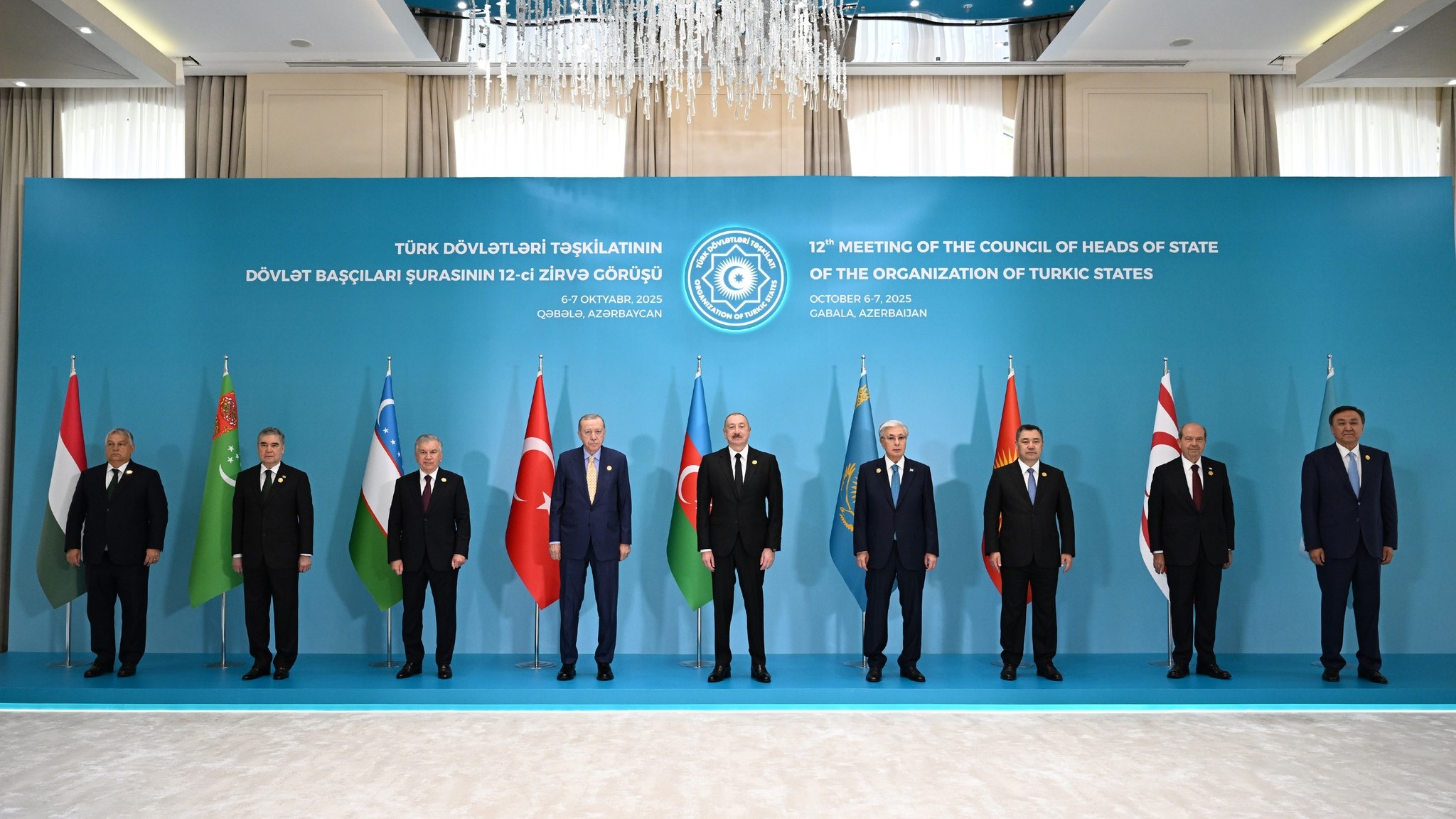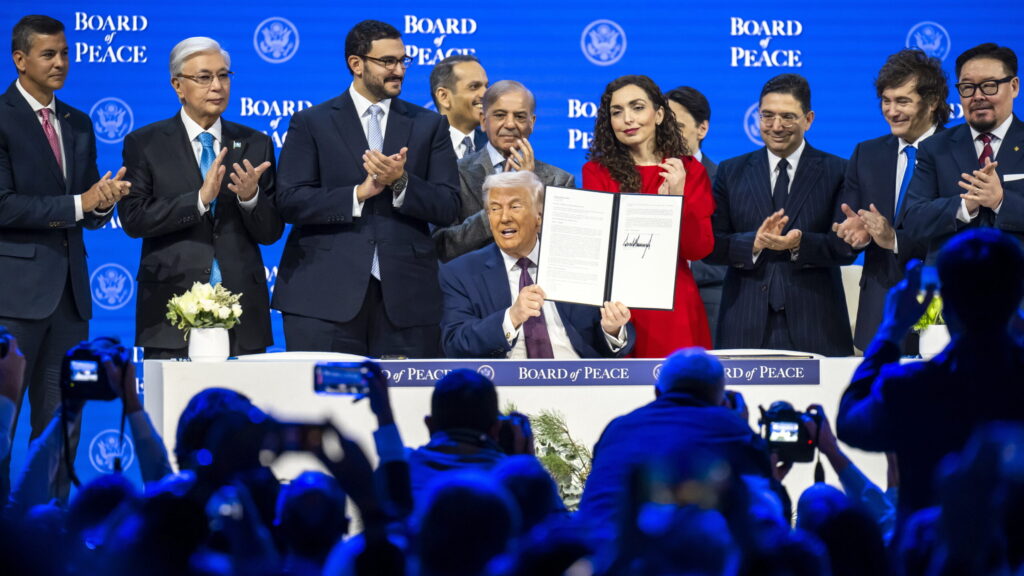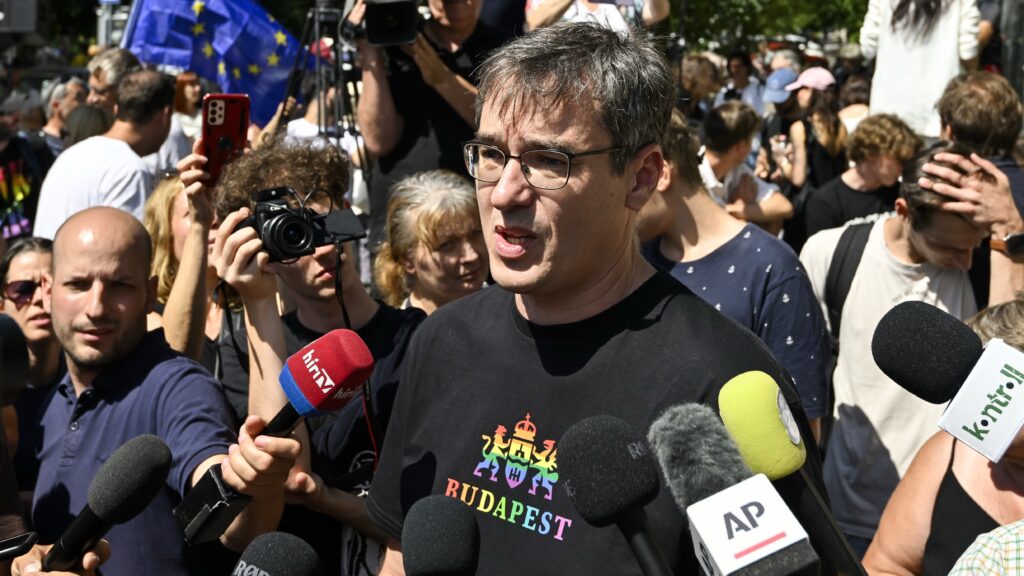Founded as a cultural union in 2009, the Organization of Turkic States (OTS) has undergone a remarkable transformation into the key organization promoting peace, stability and coordination in the Silk Road region.
A pivotal milestone came with the 2018 Istanbul Summit, which officially institutionalized the OTS. Since then, it has expanded its agenda beyond annual leaders’ summits to include regular ministerial meetings across key sectors such as the economy, defence, and education.
The 2025 Gabala Summit, held in Azerbaijan under the theme Regional Peace and Security, further reinforced this evolution. During the summit, Hungarian Prime Minister Viktor Orbán highlighted Hungary’s deep appreciation for the Turkic World’s commitment to peace.
Hungary, as a Central and Eastern European nation, consistently advocates for regional stability and constructive dialogue. His remarks underscored Hungary’s unique observer role as a bridge between the Turkic World and the West. The Gabala Summit’s outcomes, ranging from new economic cooperation frameworks to proposals for joint security initiatives, signalled the OTS’s growing strategic influence in Greater Eurasia. As integration among Turkic states intensifies, the organization is increasingly positioning itself as a platform for fostering peace, stability, and regional coordination.
‘The past five years have demonstrated an especially strong momentum toward a greater defence framework’
One of the most notable outcomes of the Gabala Summit was the proposal by President Ilham Aliyev of Azerbaijan to hold joint military training with other Turkic States in 2026. Military cooperation among these nations has been steadily growing since their independence, but the past five years have demonstrated an especially strong momentum toward a greater defence framework.
Türkiye and Azerbaijan officially became allies in 2021 through the Shusha Declaration, marking a new phase of regional coordination. Similarly, relations between Kazakhstan and Uzbekistan were elevated to an allied level following President Kassym-Jomart Tokayev’s official visit to Tashkent in 2022. In 2024 Azerbaijan and Uzbekistan also formalized their alliance through the Treaty of Allied Relations, signed during President Ilham Aliyev’s visit to Uzbekistan to meet President Shavkat Mirziyoyev.
Enhanced strategic partnership agreements, also encompassing military dimensions, exist among other member states. Considering the rising instability and conflicts in regions surrounding the Turkic world, deeper military cooperation between Turkic states becomes both inevitable and essential for ensuring collective security. Furthermore, strategic initiatives in energy, transport, and connectivity strengthen not only the Turkic states but also contribute significantly to the European Union’s energy and economic interests.
‘Strategic initiatives in energy, transport, and connectivity strengthen not only the Turkic states but also contribute significantly to the European Union’
The joint military training in 2026 thus represents an important first step toward developing a comprehensive defence cooperation framework between these countries.
Another crucial decision included in the Gabala Declaration was the establishment of the ‘OTS+’ format, designed as a ‘flexible framework for cooperation with external partners in areas of mutual interest.’
Since the OTS has consistently emphasized that membership or observer status is reserved for countries with cultural or ethnic ties to the Turkic world, this new format introduces a practical mechanism for broader engagement.
Through OTS+, the organization can now collaborate more effectively with non-Turkic partners on economic, political, and security issues, enhancing its role as a regional actor promoting stability, peace, and prosperity across the wider Eurasian continent.
Related articles:







